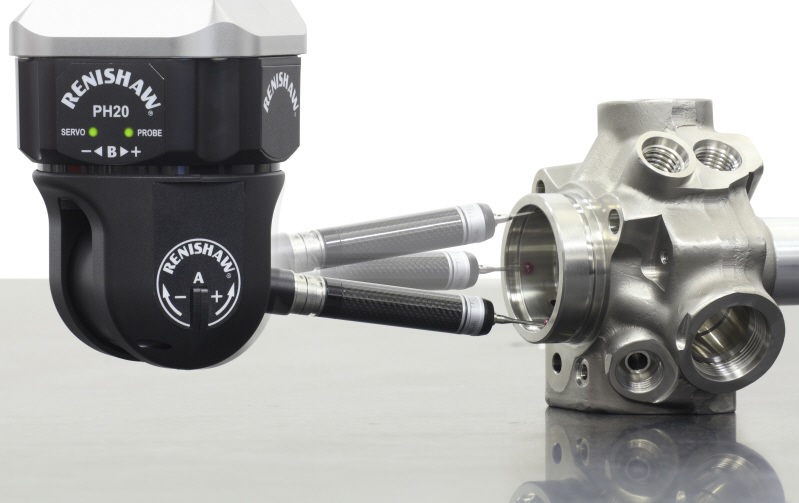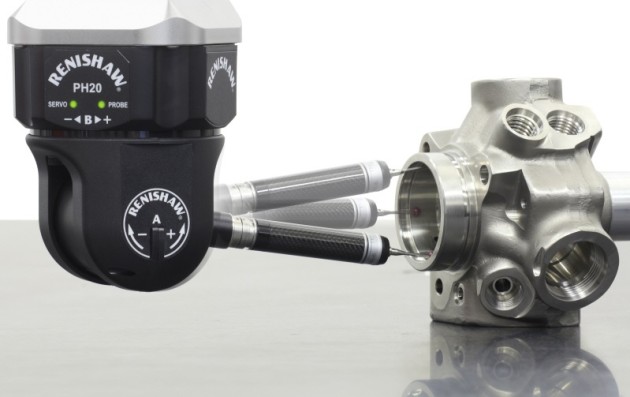The North American manufacturing industry is a competitive one; the market remains sluggish while material and labor costs are always on the rise. Clients expect better quality components from their suppliers than ever before, and many suppliers have discovered that the best way to deliver is through a superior quality assurance department. They are turning to coordinate measurement machines to catch machine tool errors sooner and deliver high quality, accurate parts to their clients. Increasingly, buyers want to know that their suppliers can guarantee accurate measurements, and they don’t want the hassle of faulty components, so they look for modern quality assurance capabilities before awarding new contracts.
Buying a Used Coordinate Measurement Machine
You can meet these new standards for accuracy and quality without having to shell out for a new, expensive coordinate measurement machine. Since these instruments last for decades, you can reap the same benefits from used equipment at a fraction of the cost. However, most experts recommend that you turn to a respected metrology dealer rather than going to auction. Auction houses do not test, inspect, or fix their finds, nor will they guarantee or deliver the equipment. While you can get a machine at a very low price, you will have to deal with a lot of delays and face unexpected challenges, even down to missing computers (which are often sold separately by unwitting auction houses). Metrology dealers put all of their used coordinate measurement machines through an exhaustive inspection process before putting them back up for resale.

Retrofits
There are many good reasons to buy older vintages, whether it’s because of your budget or because you’re looking for a superior mechanical functionality that newer models of the same make just don’t have. The downside is that it won’t come with the latest probes, sensors, controllers, or software, which is why you may want to speak with your metrology dealer about a retrofit. Probe system manufacturers Renishaw often work with dealers such as Canadian Measurement Metrology Inc. (CMM) who perform retrofits using their products. Many newer technologies like the latest Renishaw probe heads are compatible with a wider range of makes and models than ever before, and they help unlock the potential for speed and accuracy in your older equipment. The PH20 probe, for example, uses 5-axis positioning, giving it unprecedented touch-trigger measurement speed.
In all likelihood, you will also want to consider upgrading the software when you buy used coordinate measurement machines, since older software is often unfit for quickly performing measurements of complex geometry, or it may not be capable of processing data from a laser scanner than can collect millions of data points in seconds. The most widely used software in industrial metrology is without a doubt PC-DMIS, a third-party software that makes parts programming simple for almost all of your measurement requirements. It’s also easy to find training for PC-DMIS, especially now that Canadian Measurement Metrology Inc. offers an e-course package for basic PC-DMIS programming. For specialized tasks, you may want to consider specialized software, such as Polyworks for high-density point cloud data collection or QUINDOS for inspecting gears, gear cutters, worms, and camshafts. Talk to your metrology dealer about your inspection requirements and the kind of components your shop makes; they will lay out all of your options and help you find the solution that’s right for you.
